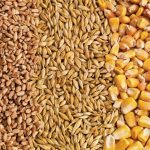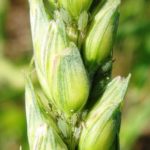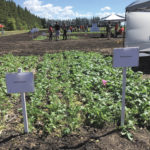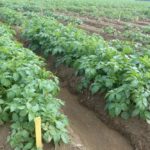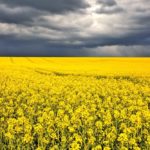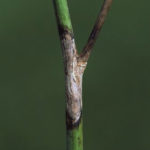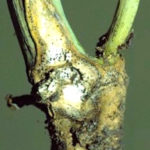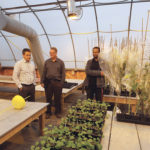There are things you can do this fall to reduce your risk of blackleg next spring — and the first step is to scout for it. “The more you can identify it, the more you’re going to know whether you’re successful at controlling it,” said Clint Jurke, agronomy director for the Canola Council of Canada.




